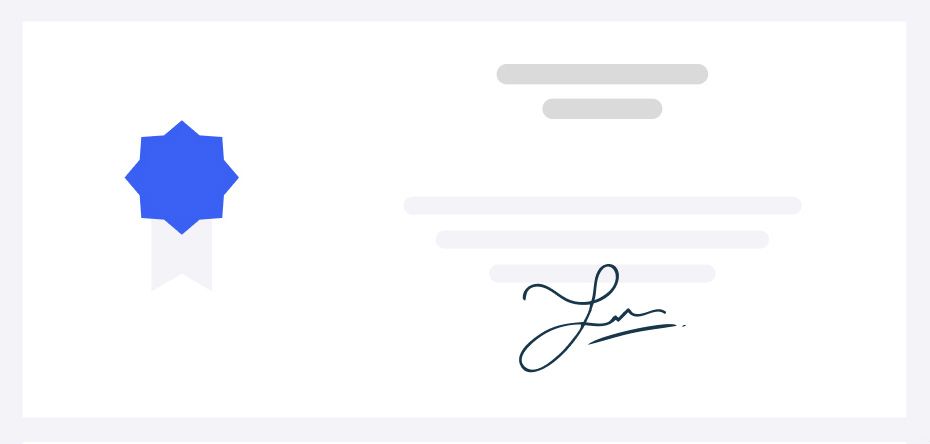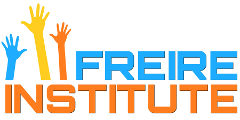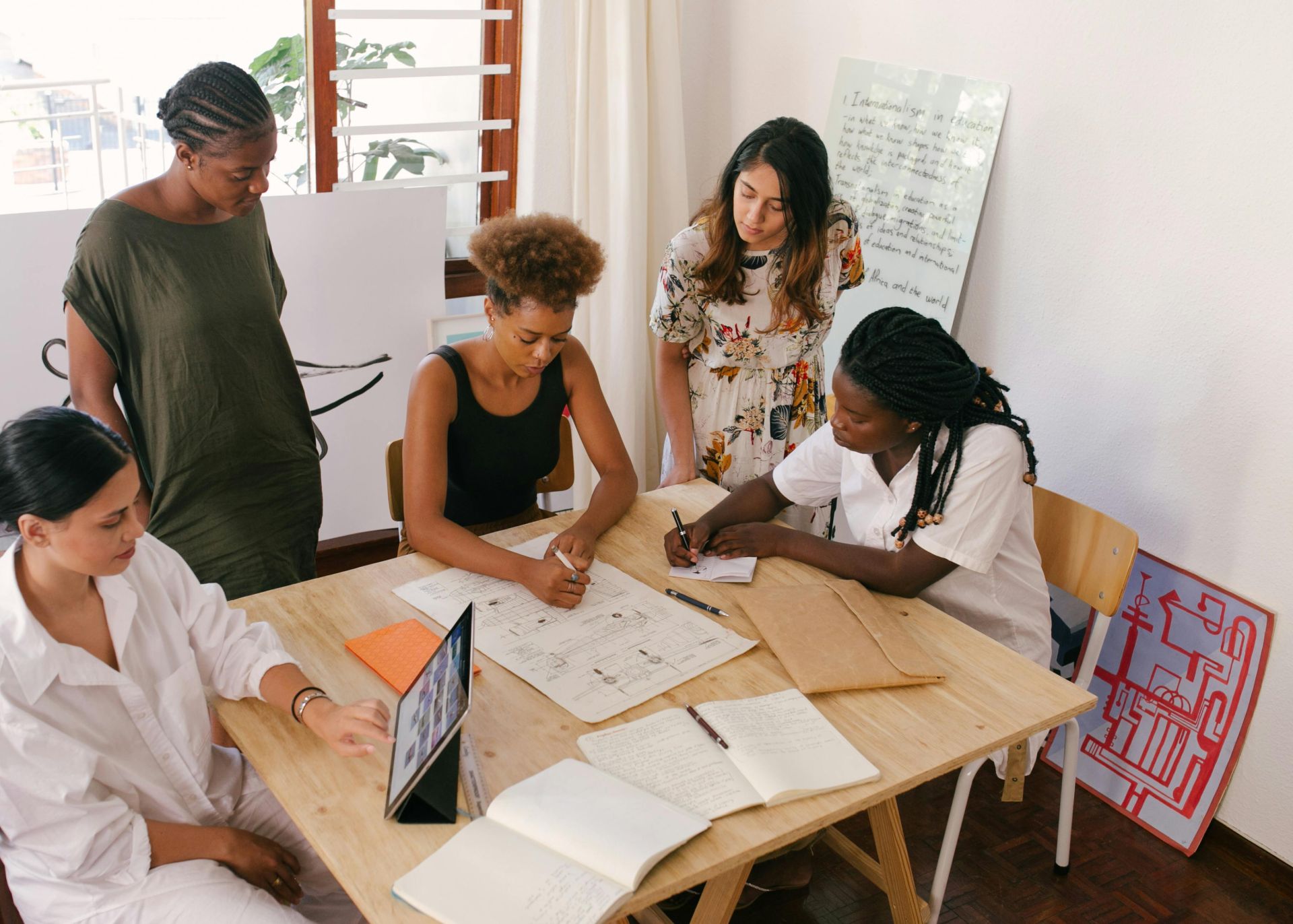Learn how Freire's pedagogy can shape social change beyond the classroom
Topics
Early Bird Registration
Course Starts
Duration
Course Delivery
Course Certificate

INTERESTED?
Join this course and become part of our learning community
Course contents
Frequently asked questions
Can I view the course material without taking the assignments?
You do not have to take the assignment at the end of the course, but there are tasks and exercises during the course that are essential to the learning process. You will need to complete these in order to progress. The assignment is based upon these tasks and exercises.
How long does the course take?
If you go through the sessions week by week and complete everything as quickly as possible, the course will take around three months. However, we give you a year's registration in order to make sure that you have plenty of time.
What do I need to do for the course certificate?
You need to complete a learning journal, based on tasks and exercises that you will have completed throughout the course.
Do I get feedback during the course?
Yes, you are able to engage with tutors and you will receive help and feedback where needed.
Join our community of practice



